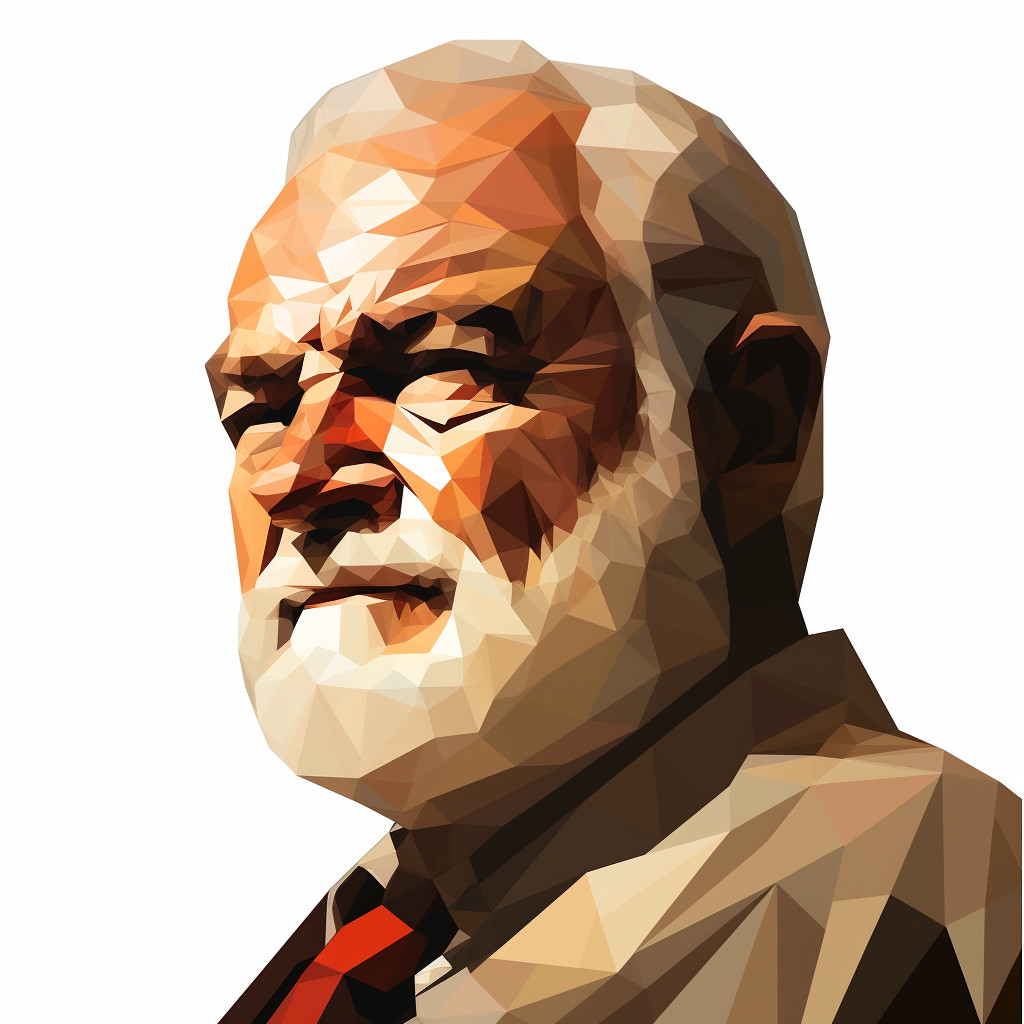This quote is a profound reflection on the nature of bravery and intelligence. It suggests that a brave person, if he is intelligent, experiences death not once, but perhaps two thousand times. This does not refer to physical death, but rather to the metaphorical deaths of facing fears, enduring hardships, and overcoming challenges. The intelligent brave person is aware of the risks and potential failures he faces, and each of these instances can be seen as a ‘death’ – a moment of extreme vulnerability or a point of potential failure.
The second part of the quote, “He simply doesn’t mention them,” implies that the truly brave and intelligent person does not boast about these struggles. They bear their burdens silently, not seeking attention or sympathy. They understand that their struggles are part of their journey, and they choose to face them with quiet strength and dignity.
In today’s world, this quote is particularly relevant. We live in a society that often glorifies struggle and hardship, where people frequently share their difficulties and challenges on social media, seeking validation and sympathy. Hemingway’s quote challenges this notion, suggesting that true bravery lies in facing our struggles silently and with intelligence.
In terms of personal development, this quote encourages us to face our challenges with courage and intelligence, to learn from them, and to grow stronger. It also reminds us not to seek external validation for our struggles, but to find strength and validation within ourselves. It promotes resilience, self-reliance, and inner strength, qualities that are essential for personal growth and development.





